Everyone wants a busy main street with packed stores and lots of shoppers strolling the sidewalks. You can picture it, right? Shoppers strolling the street, people looking into store windows and running into neighbors, visitors marveling at the beauty of main street.
The Economic Argument
People are talking about downtown and reinvestment all the time now. But are they getting anywhere? Are they making places that include everyone in the economy? Are they building a place with a resilient economy and more good paying jobs?
Esty Maker Cities & Recast City Masterclass
Etsy and the Mastercard Center for Inclusive Growth announced this week the 2019 recipients of the Etsy Maker Cities grant program. Recast City is thrilled to be part of the Etsy team and to provide the recipients with the Recast City Masterclass.
Local Champions are Magic!
Transforming an appliance warehouse into a combination co-work space, performance venue, art gallery, and cafe takes more than just construction chops. It takes vision, hard work, and a deep and personal belief that this place matters.
The three biggest mistakes in neighborhood redevelopment
Redevelopment means bringing a neighborhood back to life. And it’s hard to do. Really hard. When your Main Street or downtown is struggling, the idea of ever becoming a thriving place again can seem like a completely insurmountable challenge. But you can do it.
Lessons from Cherry Street
Every Saturday morning, the Cherry Street neighborhood in downtown Tulsa, Oklahoma fills with a rainbow of flowers and produce, the smell of freshly baked bread and roasted coffee, and the sound of neighbors and families chatting. The neighborhood wasn’t always this thriving, though.
Three Signs that your Economic Development Strategy needs a Refresh
The economy is much different today than it was 50 years ago. But you wouldn’t necessarily know it based on some communities’ approach to economic development.
Chasing unicorns is not a good economic development strategy
Tech companies are dazzling. Especially if you’re working on economic development in a small or mid-sized city. Yet not every city in the country should start by trying to be a tech hub. Your city probably has something more unique—and more valuable—to contribute. And that is the place to start.
“Experiential retail” sounds great. Where do we start?
You don’t have to be an expert to know that the retail industry is changing and it’s changing fast. Commerce is moving more and more online. Large anchor stores are closing. Distant malls are shuttered. Big box retail is shrinking. And property owners are struggling to fill storefronts in many places across the country.
When Tourism Dominates Your Local Economy
Tourism is an economic cornerstone in many communities. It can attract visitors from across the country or the world, and serve as a major industry and employer. If tourism’s the only game in town, however, it can create problems that will be familiar to almost any tourist community.
When Local Businesses Wilt in the Heat
Booming real estate values is a problem many cities wish they had. But ask any local leader experiencing a boom and they will tell you: it brings on whole new problems. The most commonly known one is that housing becomes unaffordable. What’s less commonly discussed is that commercial space becomes unaffordable too.
Boomtown's Next Door Neighbor
For every town in the midst of a real estate boom, there is a town close by that gets overlooked. This is the place without much going on. It’s the town with sparsely filled sidewalks and a few boarded-up storefronts, that some might think of as a little unsafe because of how empty it feels.
Flipping (the narrative on) vacant properties
There’s probably not a single economic development plan in existence that lists “Have a bunch of vacant properties” in its recommendations for economic success. But every municipality in the country has vacant or even abandoned properties to deal with, and will need to address them in order to fully succeed.
Discovering Your City's Maker Economy
Discovering Your City's Maker Economy, a new guide from National League of Cities (NLC), Etsy, Recast City and Urban Manufacturing Alliance (UMA) makes the case for local elected officials to focus on the role of maker and small-scale manufacturing businesses in their local economy.
Made in PLACE
Check out our new report! This toolkit was developed in partnership with Smart Growth America and funded by a grant from the U.S. Economic Development Administration.
Building Community: Find your small-scale manufacturing business owners
Smart community leaders recognize the importance of the small-scale manufacturing business sector but often still do not know where to find the community of owners.
2017 Trends in Small-Scale Manufacturing
Communities working with their small-scale manufacturing businesses made waves in 2016 and more places are aiming to do so in 2017. What trends can we expect to see in this sector in 2017?
Investing in Our Businesses, In Our Values
Small-scale manufacturing business owners often face a challenge raising enough capital to scale regionally or nationally.
The Money Box: Financing Buildings for Small-Scale Manufacturing
Financing affordable development for small-scale manufacturing is difficult in many of our cities and towns, but a few key tools can make a big difference both for non-profit and for-profit developers.
Back to the Future: Manufacturing on Main Street
Local, small manufacturing businesses just might be key to bringing energy back to those struggling main streets. What if we found that putting those good jobs – businesses owned by our neighbors – back in the center of town would help bring more people downtown and onto main street?

